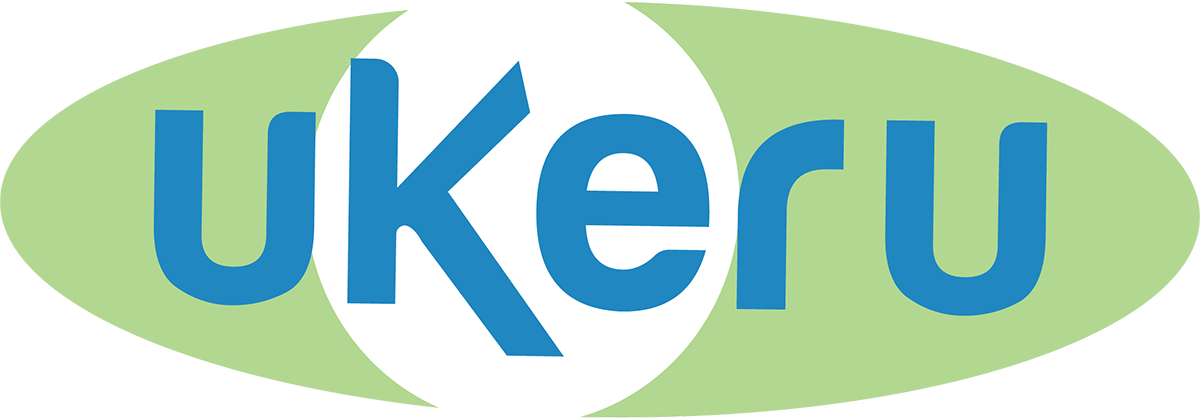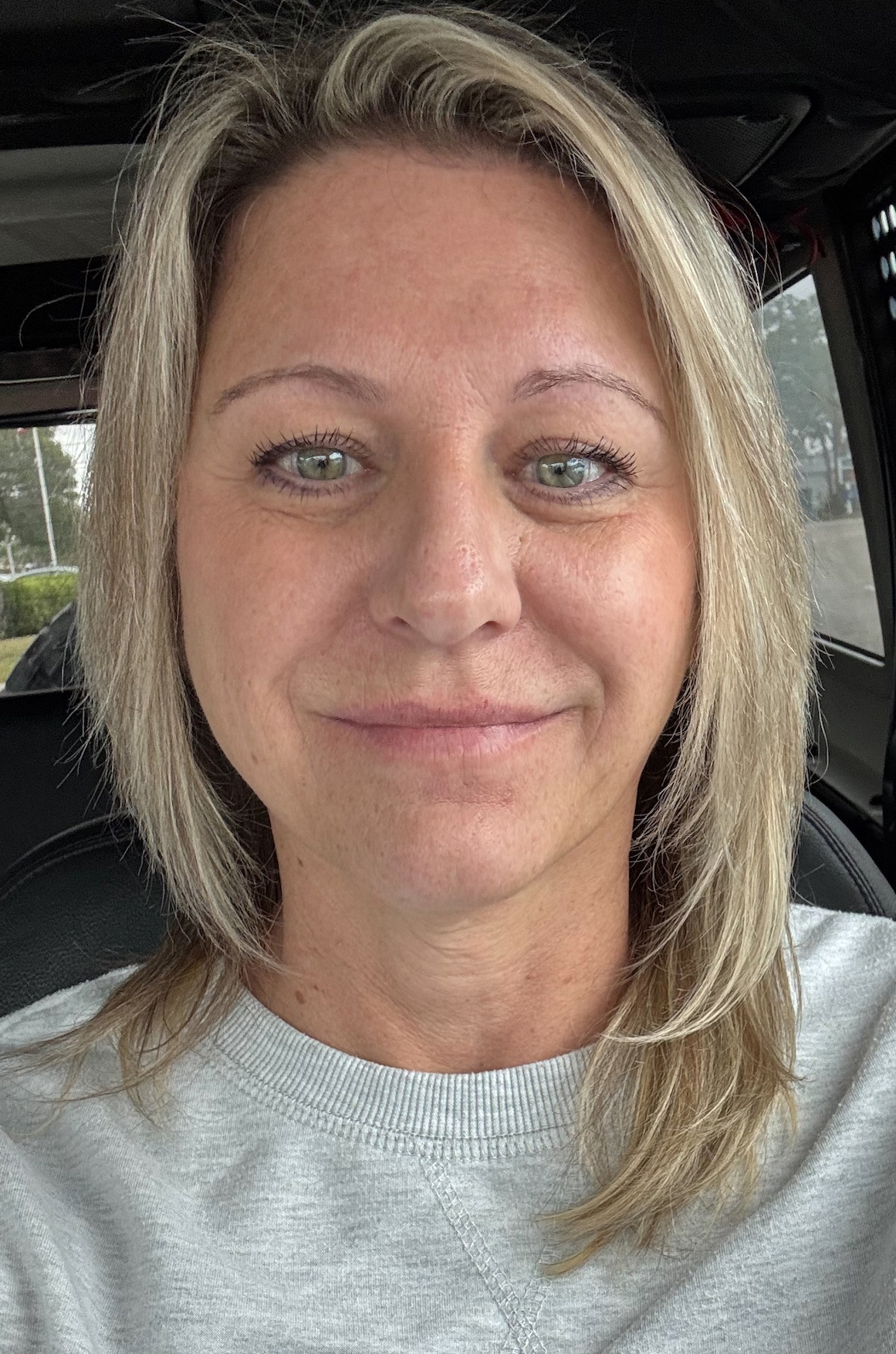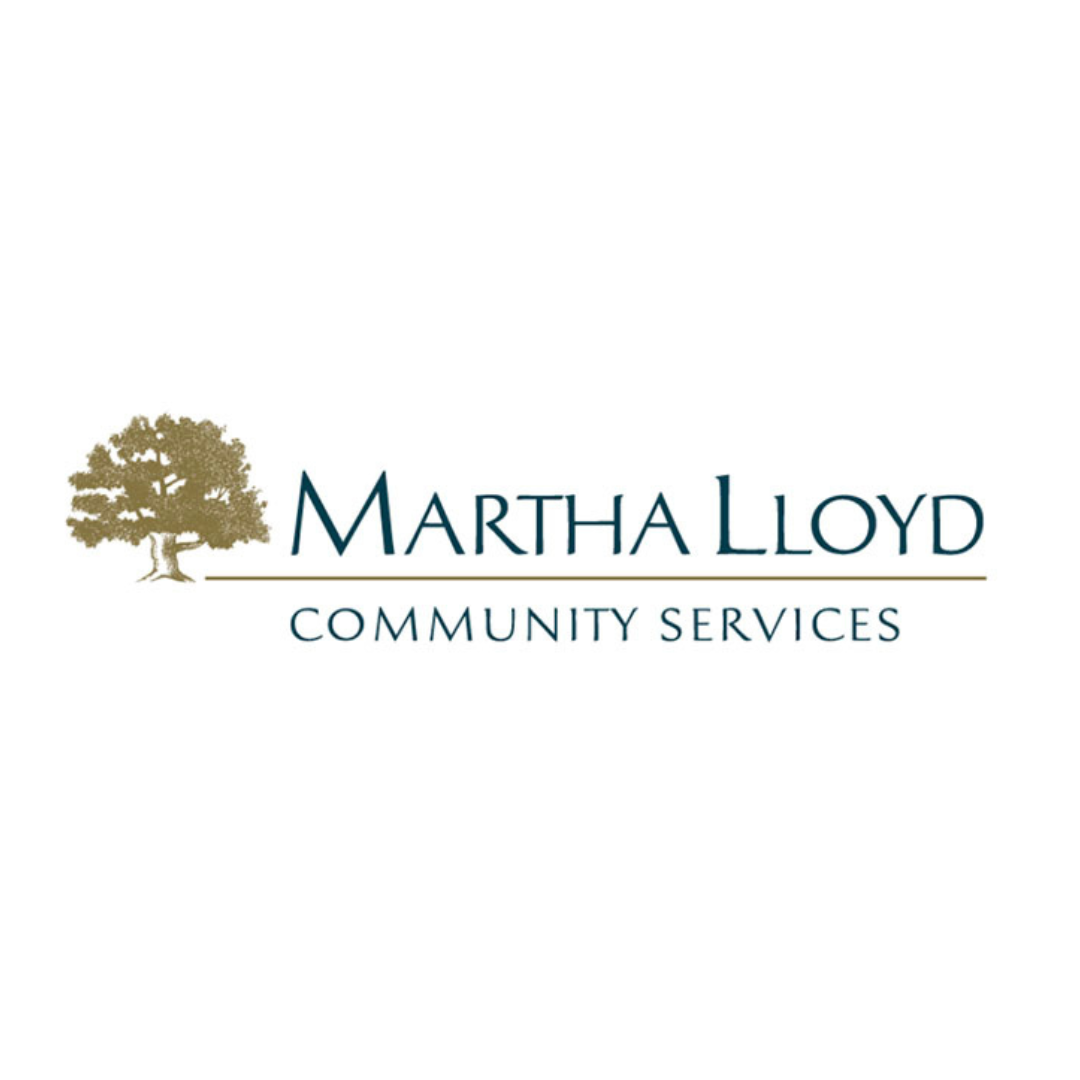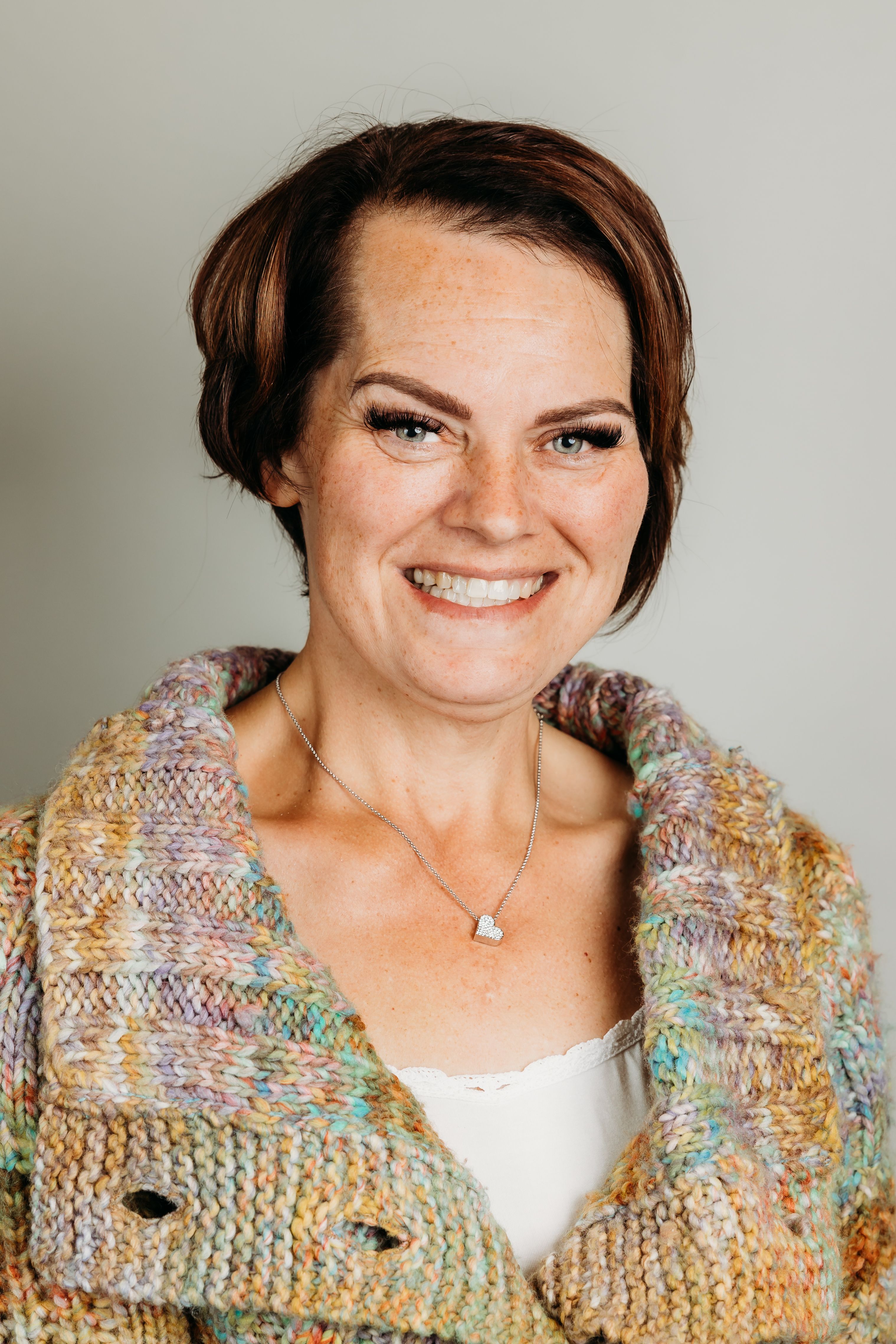Q: How long have you been an Ukeru trainer?
A: 4 Years
Q: What population do you work with? What inspired you to get into this field?
A: I have been working in mental health since I was 18 working with children as a behavioral health professional. That inspired me to go back to school. My college internship was at a homeless shelter where I remained for 7 years providing case management support. That’s when I was introduced to various Spurwink programs. I enjoyed partnering with them so when I wanted to get back into treatment vs support planning and made the move to work with children at one of Spurwink’s Day Treatment locations as a Teacher. I became a crisis intervention program trainer a year in and made the move to admin training 4 years later. Working with all staff has become my passion supporting best practice. I have been with the agency for 10.5 years.
Q: What part of Ukeru do you enjoy teaching the most and why?
A: I’m a complete research nerd so I love that Ukeru brings in the “Why” that other curriculum do not. From covering studies and brain scans to demonstrate the full impact trauma to brain neurological processes that trigger behavior. This supports staff’s understanding and increases their ability to use “Universal Precautions” with not only clients, but each other.
Q: What would you say to someone who is unsure about using Ukeru?
A: Ukeru is a wonderful alternative to high risk physical intervention (restraints). It allows clients an opportunity to work through challenges and is a better alternative target for their behaviors than others or themselves. Just as we offer sensory alternatives for self injury seeking or avoidance, we need to meet the brain’s need to fight/flight/freeze/fawn and offer an outlet for reactions.
Q: What advice or tip would you give to a new Ukeru trainer?
A: Get to know the material. Do not read every slide, but enhance the slide through discussions and application with your population served.
Q: How has Ukeru impacted your life?
A: I was at my agency before and after its implementation. Now that it is fully integrated, it has been wonderful to hear how staff get creative and use the pads for relationship building (i.e. making forts) to behavior management. It has changed the way I teach all courses and supported a trauma-informed environment.
Q: What is your favorite quote or a motto that you like to live by?
A: “No significant learning can occur without a significant relationship” James P. Comer
Q: What three words would you use to describe Ukeru?
A: Effective, Proactive, Informed




